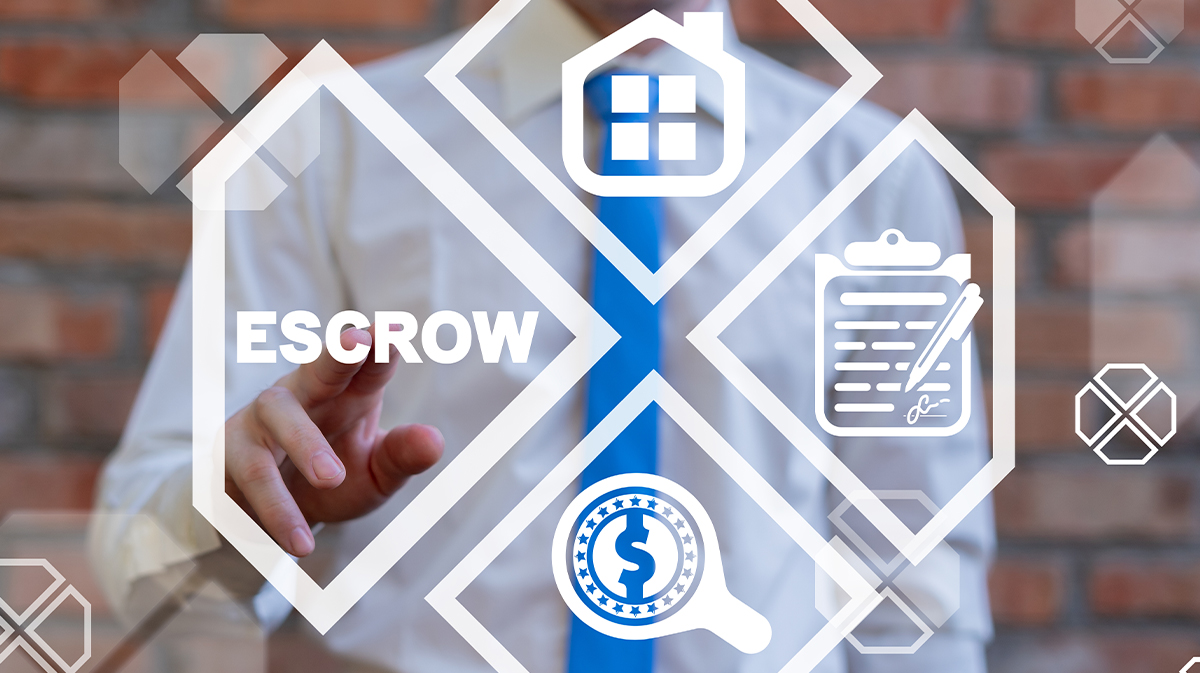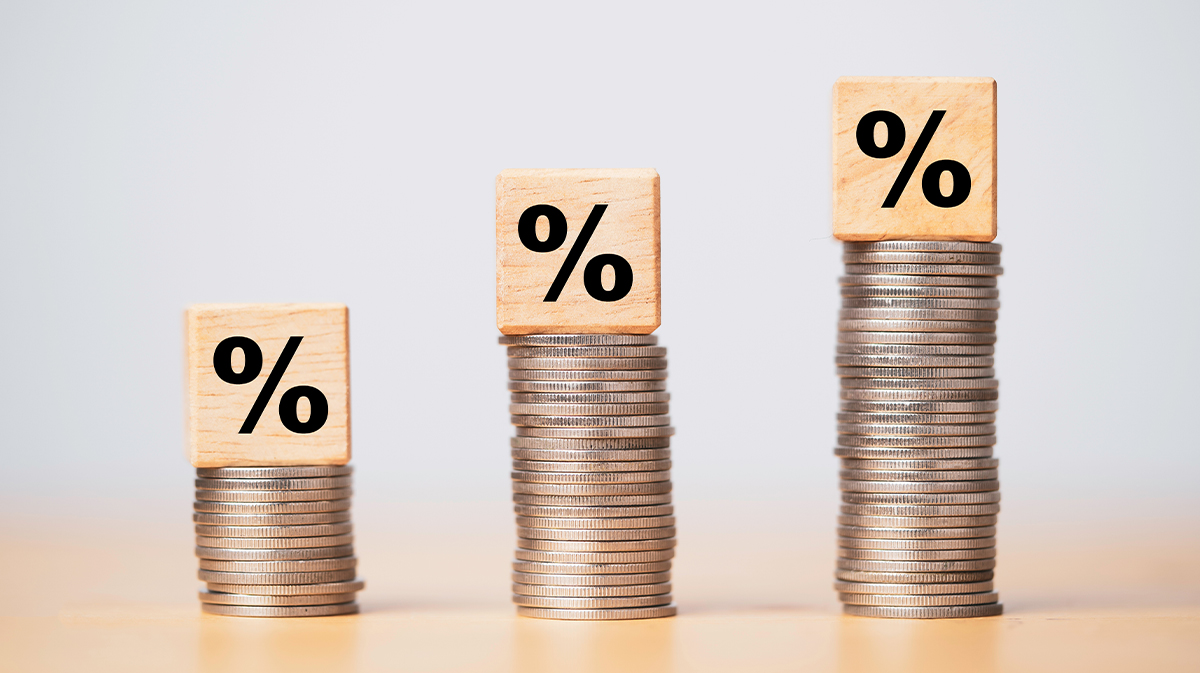Escrow Account Basics

If you are looking for your first mortgage loan as a first time home buyer, you may have some questions about escrow accounts. The questions and answers in this article provide some great insight to the function and purpose of an escrow account.
These basic questions will help you better understand the structure of an escrow account within your mortgage loan:
What is an escrow account?
An escrow account is a holding account within your mortgage that sets aside money for your annual property taxes, home insurance premiums, and in some cases the HOA dues.
A portion of your monthly mortgage payment will be applied to your escrow account. When the annual property taxes are due, the loan servicer will coordinate your property tax payment for you. In the same way, when your home insurance premium or HOA fees are due, the amount will be deducted from your escrow account and paid on your behalf.
How do you set up an escrow account?
Your mortgage company coordinates the set-up of your escrow account. This is because an escrow account is built into the structure of your mortgage loan.
Is an escrow account required?
Escrow accounts are required on all government backed mortgages including FHA, USDA, and VA loans. Escrow accounts are not required for conventional mortgages that have more than 20% equity in the loan to value ratio.
A large majority of homeowners choose to include the optional escrow account as a part of their conventional mortgage. However, some homeowners choose to waive escrow.
How can an escrow account be waived?
If you have a conventional mortgage and you hold at least 20% or more equity in your home, then you have the option to waive escrow as a part of your mortgage. To waive the escrow account you will need to have a conversation with your mortgage consultant at the beginning of the mortgage application process.
When escrow is waived you are responsible for paying the annual state property taxes, home insurance premiums, and HOA dues on your own. It is extremely important that these mandatory costs are paid on time and in full.
What are the risks of waiving escrow?
Waiving the automated and convenient functions of an escrow account means that you will need to assume the responsibility for coordinating your home insurance, property taxes, and HOA dues.
Be aware that carrying a home insurance policy is required for the entire duration of the mortgage. Your insurance premium is often higher if you waive escrow.
State property taxes are due annually and unpaid taxes can result in a foreclosure. In the State of Texas, your home can be put into tax foreclosure if your tax payment is as few as 60 to 120 days late.
If your home is in a neighborhood with a homeowners association, the mandatory HOA dues must be paid on time. Penalty fees, restriction of access to neighborhood amenities, or even a lien can be placed on your home if your HOA dues are late or unpaid.
It is for these reasons that mortgage investors consider non-escrowed mortgages higher risk. Having a mortgage loan with higher risk of default often means a higher interest rate, or an additional cost to lower the rate at closing.
What are the advantages and dis-advantages of an escrow account?
Advantages:
- An escrow account is convenient, placing the responsibility of making the time sensitive tax, insurance, and HOA payments securely in the hands of the loan servicing company.
- Lower Interest – Escrow accounts lower the risk of mortgage defaults and foreclosure, which in-turn lowers the interest rate that is available on the loan.
- Insurance Premium Discount – Home insurance companies often offer a small discount to home owners who utilize an escrow account.
- A budgeting tool. The structured monthly payments into your escrow account help you save the amount due for taxes and insurance over time, rather than paying an annual lump sum payment.
Disadvantages:
- Escrow accounts do not earn interest. The main reason that some homeowners choose to waive escrow is because the money held in the escrow account does not earn interest over time.
- Fluctuating Mortgage Payment. Because the State property taxes are assessed annually and usually change year to year, the portion of your mortgage payment dedicated to the escrow savings will fluctuate. (The monthly amount due for the principle and interest portion of your mortgage payment will not change for the life of the loan, unless you refinance.)
When you are ready to get pre approved to buy a home or refinance your current mortgage, we would be happy to be your go-to mortgage experts. Ask us your questions about all mortgage related things anytime.
Reach out to us today!
If you would like to see more articles like this one or other information on home ownership, follow our Facebook page.




